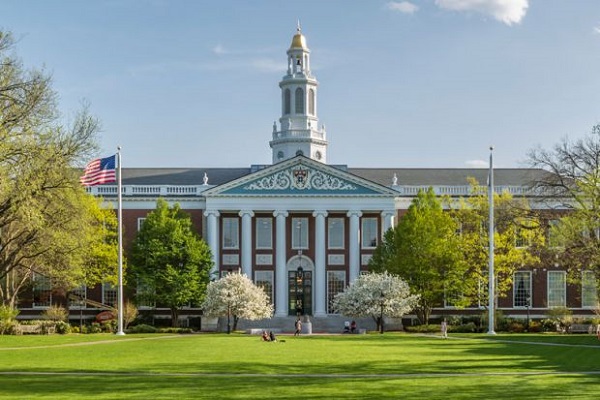MPhil in Molecular Biology

Program Overview
- Learn from some of Europe’s leading researchers while undertaking your own project.
- Access some of the best research facilities in the world at both the University and in hospitals around Greater Manchester.
- Undergo training in transferable skills critical to developing early-stage researchers and professionals through the Doctoral Academy’s training programme.
Read More
|
Location
Manchester, United Kingdom
|
Course Duration
12 Months
|
|
Tuition Fee
£ 38,500
|
Score
IELTS: 6.5
|
Frequently Asked Questions
Course Content
Our PhD/MPhil Molecular Biology programme enables you to undertake a research project that will improve understanding of Molecular Biology.
Molecular biologists seek to understand the molecular basis of cellular processes in microbial, animal and plant systems and also how this underpins clinically relevant subjects including cancer, embryology, development, movement disorders, arthritis, bacterial pathogenesis, tissue injury and repair.
Research is focused on how genes are expressed and how their products interact with other molecules to exert a biological effect. This involves studies of the mechanisms that control transcription, RNA processing and translational events with a view to understanding their roles in regulating cell processes and organisation in living systems. In vitro and in vivo investigations exploit state-of-the-art technologies, including gene editing and genomics/proteomics approaches, to visualise the activity of genes and gene products. These approaches provide a strong link with our strengths in Bioinformatics.
Examples of the breadth and diversity of molecular biology research at Manchester include:
- Transcriptional regulation and signal transduction;
- RNA processing and protein synthesis;
- apoptosis and cell fate;
- molecular basis of inherited diseases;
- cell and tissue morphogenesis;
- biological clocks;
- transgenic technologies;
Entry Requirement
- Academic entry qualification overviewWe require applicants to hold, or be about to obtain, an Upper Second class Honours degree, or the equivalent qualification gained outside the UK, in a related subject area for entry to a PhD programme. A Lower Second class Honours degree may be considered if applicants also hold a Master’s degree with a Merit classification.
English language
All applicants will need to demonstrate competency in English language. Applicants who do not already possess an acceptable English Language qualification will need to take a recognised test and attain the required English Language score:- IELTS : at least 6.5 overall with no sub-test less than 5.5.
- TOEFL iBT: at least 90 overall with no sub-test less than 20. We do not accept ‘MyBestScore’.
- Pearson Test of English: at least 70 overall with no sub-test less than 59.
Fee and Scholarship
For entry in the academic year beginning, the tuition fees are as follows:
PhD (full-time)
UK students (per annum): Standard £4,596, Low £9,500, Medium £17,000, High £22,000
International, including EU, students (per annum): Standard £25,500, Low £26,500, Medium £33,500, High £38,500
Career Prospective:
A postgraduate degree from Manchester opens the door to a world of opportunity. We’ll give you the tools to take control of your career, putting you on an upward trajectory and giving you a head start on the competition.
In Manchester, you’re part of an international community, in a city with a history of revolutionising the world, and you’ll be able to immerse yourself in the possibilities this affords.
You can apply your skills by volunteering, making a difference to yourself and to others, or you can communicate your passion for your subject via our public engagement programmes. Employers who look for that ‘something special’ will really start to notice you.
You couldn’t be in a better place to begin your life’s work.
